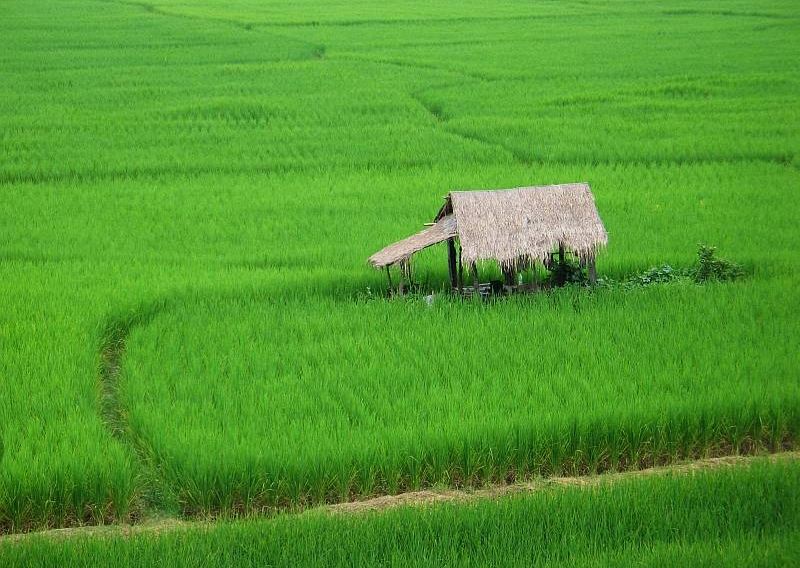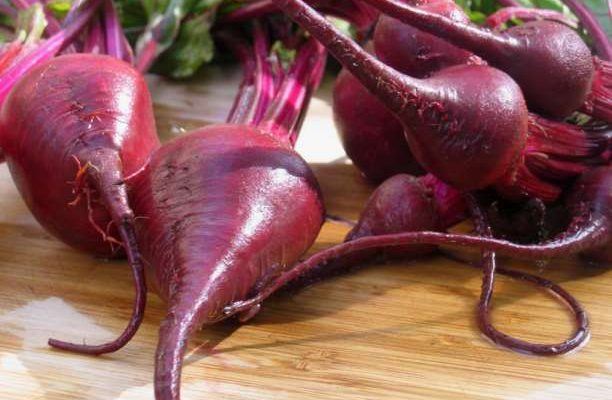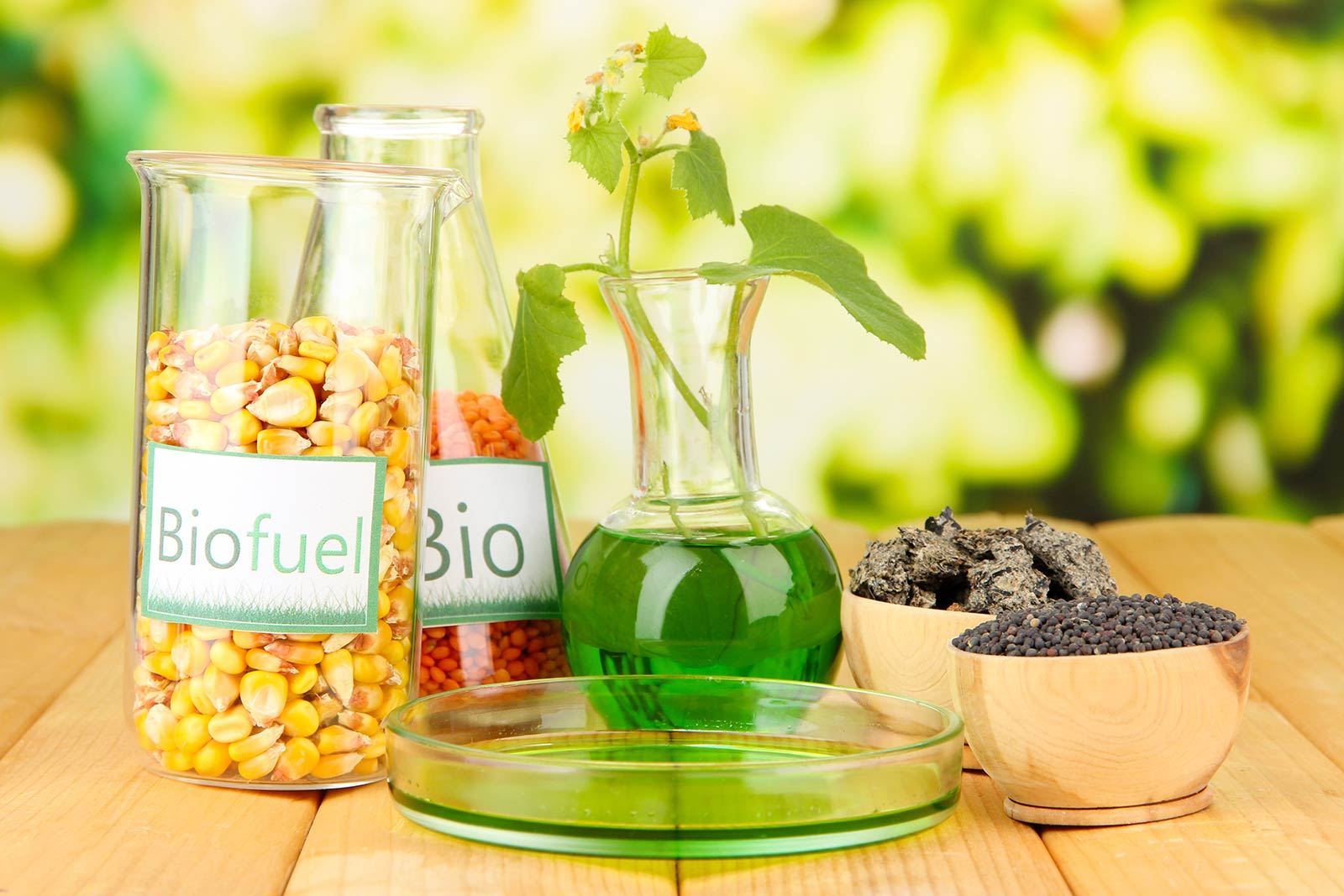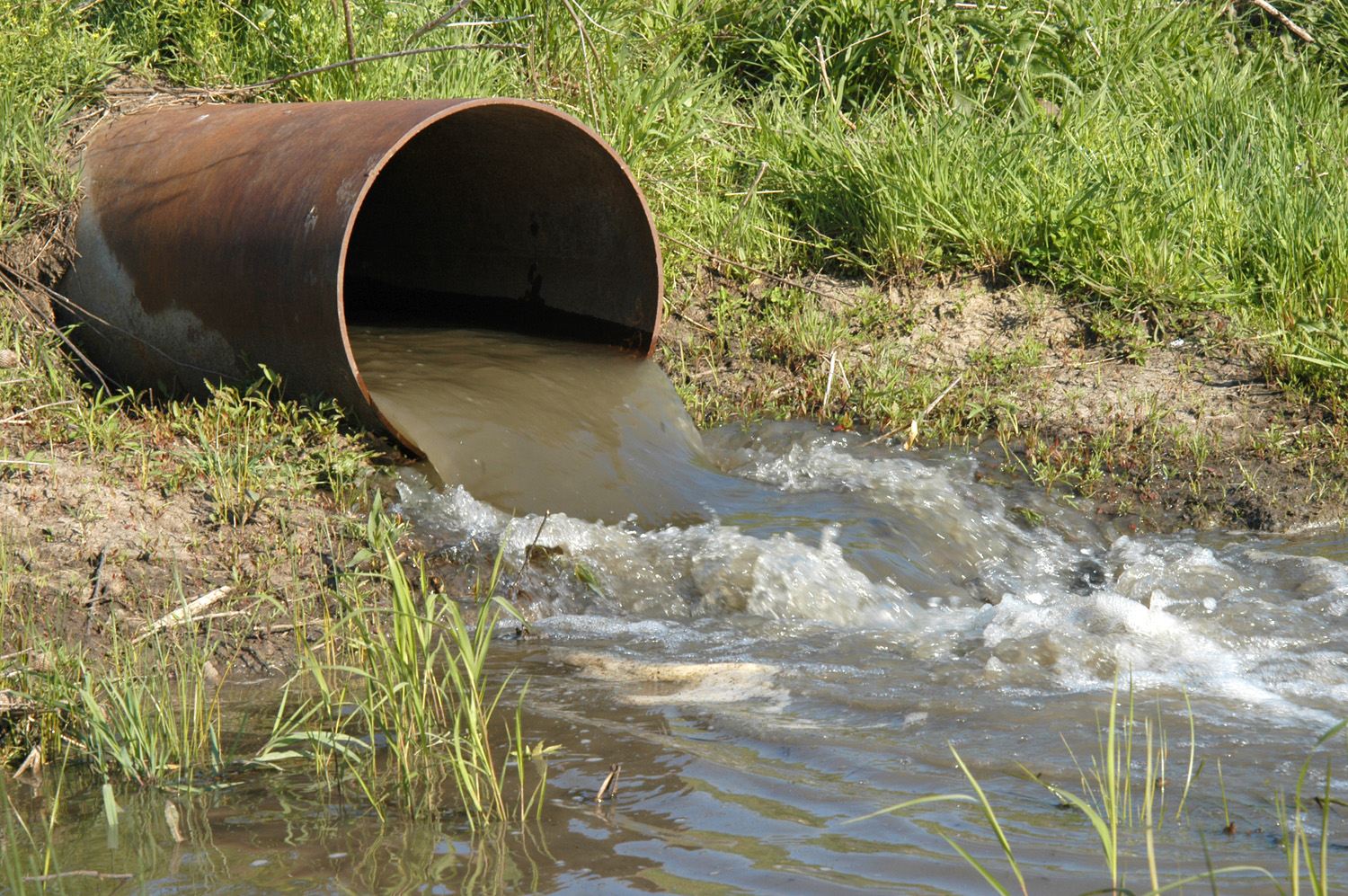Dauda, Solomon Musa, Adeoye, Peter Aderemi, Bello, Kehinde, Agboola, Abdulfatai Adesina
Department of Biological and Agricultural Engineering, Universiti Putra, 43400 UPM Serdang, Malaysia
Department of Agricultural and Bioresources Engineering Federal University of Technology, P.M.B. 65 Minna, Nigeria
Key words: Evaluation, paddy rice, threshing and milling machine.
 Abstract
Abstract
The performance of a locally fabricated rice milling machine at Federal University of Technology, Minna was evaluated to determine the behavior of different paddy varieties at different conditions during milling. The varieties used were: FARO52, Nerica1 and FARO55 which represent long, medium and short grain respectively commonly grown by Nigerian farmers. Continue reading Performance evaluation of a locally developed rice dehulling machine – IJAAR



